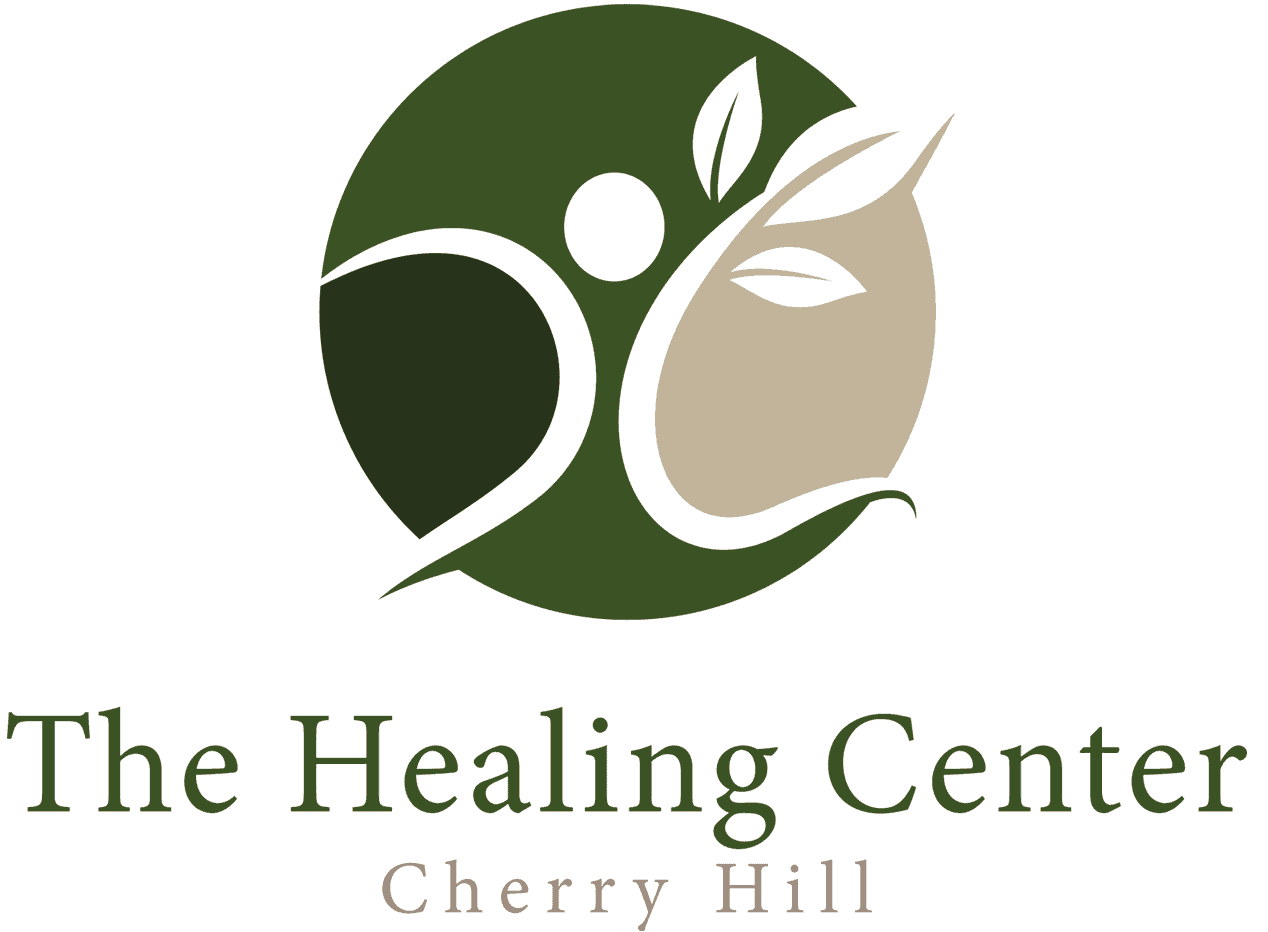Prescription drug abuse is on the rise in the United States, posing a threat to millions of individuals’ lives. Preventing prescription drug abuse is crucial for maintaining a healthy life free from the disruptions caused by such misuse. This includes recognizing what constitutes prescription drug abuse, identifying commonly abused prescriptions, and knowing how to seek help if one is engaged in such behavior. Answers to these questions can provide clarity and pave the way for individuals to access the necessary professional assistance to overcome abuse.
What Constitutes Prescription Drug Abuse?
Prescription drug abuse encompasses any deviation from the prescribed usage of medication outlined by a healthcare professional. This can include taking a medication in higher doses than prescribed, using it for non-medical purposes, or continuing its use beyond the recommended duration. Another form of prescription drug abuse involves taking someone else’s prescribed medication, whether it’s due to a perceived need for the drug’s effects or an attempt to self-medicate. Engaging in these behaviors not only poses serious health risks but also indicates a misuse of medication that can lead to addiction.
Understanding the nuances of what constitutes prescription drug abuse is crucial. It extends beyond the simple act of taking medication without a prescription to encompass any use that deviates from the prescribed guidelines. This may involve altering the method of ingestion, such as crushing and snorting pills, or combining medications in ways not authorized by a healthcare professional. Recognizing these patterns is essential for both individuals and healthcare providers, as it enables early intervention and the implementation of strategies to prevent the progression of misuse into a more severe substance use disorder.
Commonly Abused Prescription Drugs
While nearly any prescription drug can be subject to abuse, certain medications are more commonly misused. These prescriptions often induce a euphoric or heightened sensation in users, leading to repeated misuse and potential addiction.
Benzodiazepines
Benzodiazepines, classified as Central Nervous System (CNS) suppressants, are prescription drugs used to address anxiety and panic disorders. Legally available only through prescriptions, these drugs induce a sedated state, providing a sense of calm to users.
Opioids
Prescribed for acute and chronic pain, opioids produce a euphoric sensation that can lead to escalating use. Unchecked, this can result in overdose and, in severe cases, death.
Stimulants
Typically prescribed for attention deficit hyperactivity disorder (ADHD), stimulants enhance focus and functionality. However, when abused or taken without medical necessity, they can cause a surge in energy, leading individuals to believe they can accomplish tasks beyond their usual capacity.
Preventing Prescription Drug Abuse
Several measures can be taken to prevent prescription drug abuse. Key steps and precautions include:
Know and Understand Your Medication
Familiarize yourself with the medication you are prescribed, including potential side effects, and adhere to prescribed directions for safe consumption.
Legally Obtain Your Medication
Source your medications from a trusted pharmacy to avoid the risk of counterfeit drugs associated with unknown online sources.
Be Open and Honest With Your Doctor
Maintain open communication with your doctor, updating them on how the medication affects you. This helps in proper dosage regulation and ensures timely adjustments if needed.
Secure Your Medication
Safeguard your medications to prevent unauthorized access and potential abuse.
Dispose of Unused or Unneeded Medication Properly
Utilize designated programs, such as pharmacy “give back” initiatives, to safely dispose of unused prescription medication.
Treating Prescription Drug Abuse
If you or a loved one is struggling with prescription drug abuse, seeking professional assistance is essential. The Healing Center provides comprehensive care and guidance through our Cherry Hill, NJ drug rehab to facilitate recovery. Our team of expert professionals walks with our clients every step of the way as they progress through their healing journey. Contact our admissions team today to learn more about our programs.
